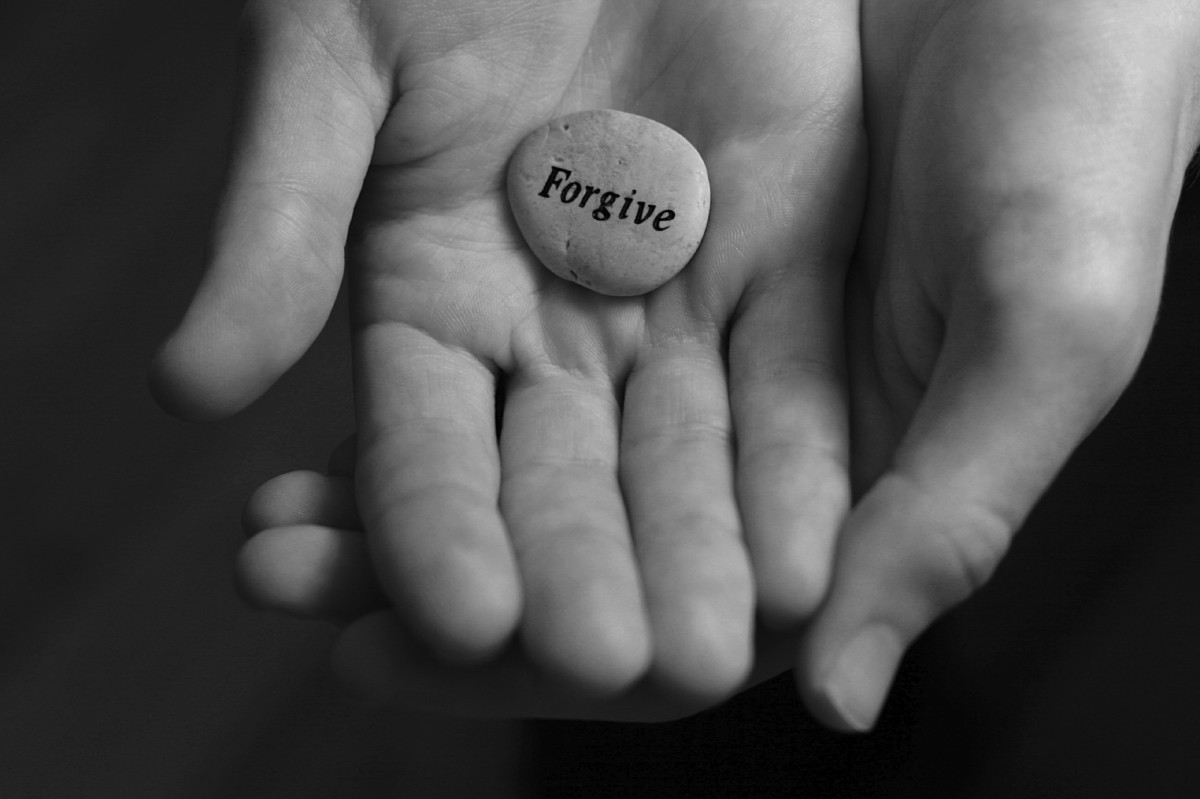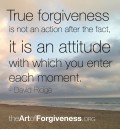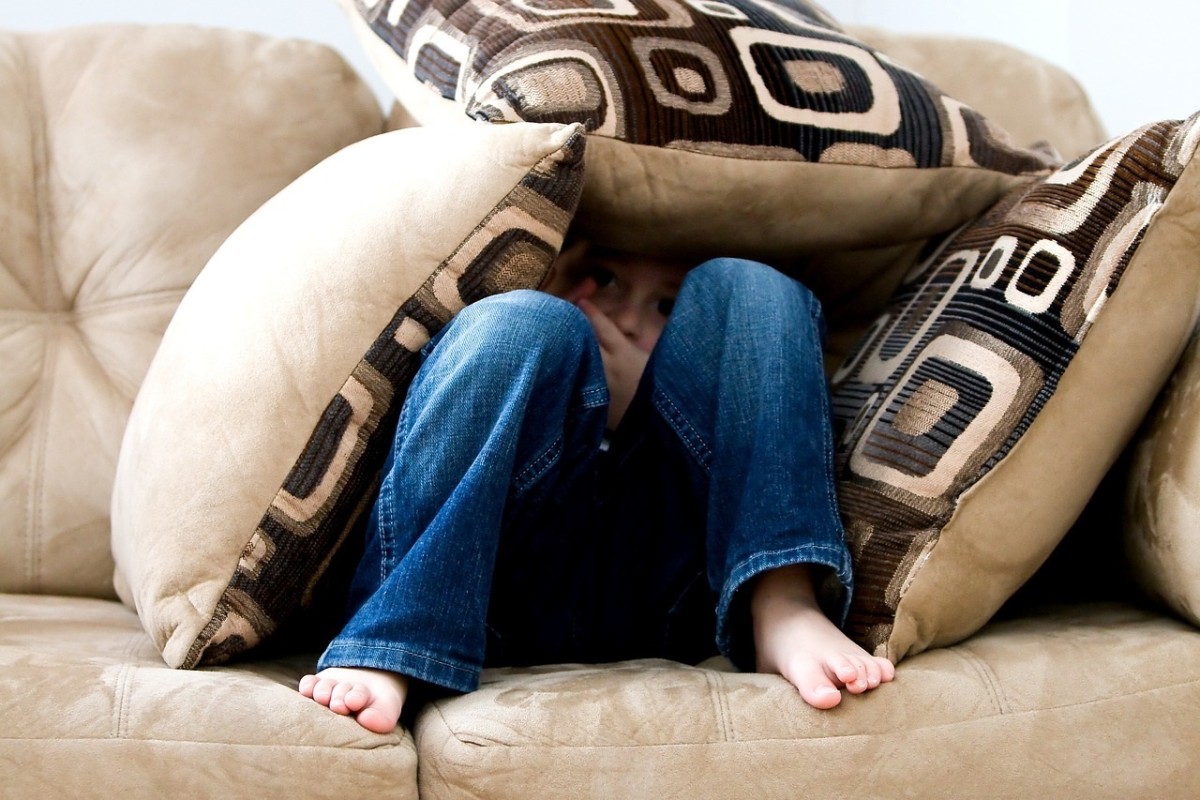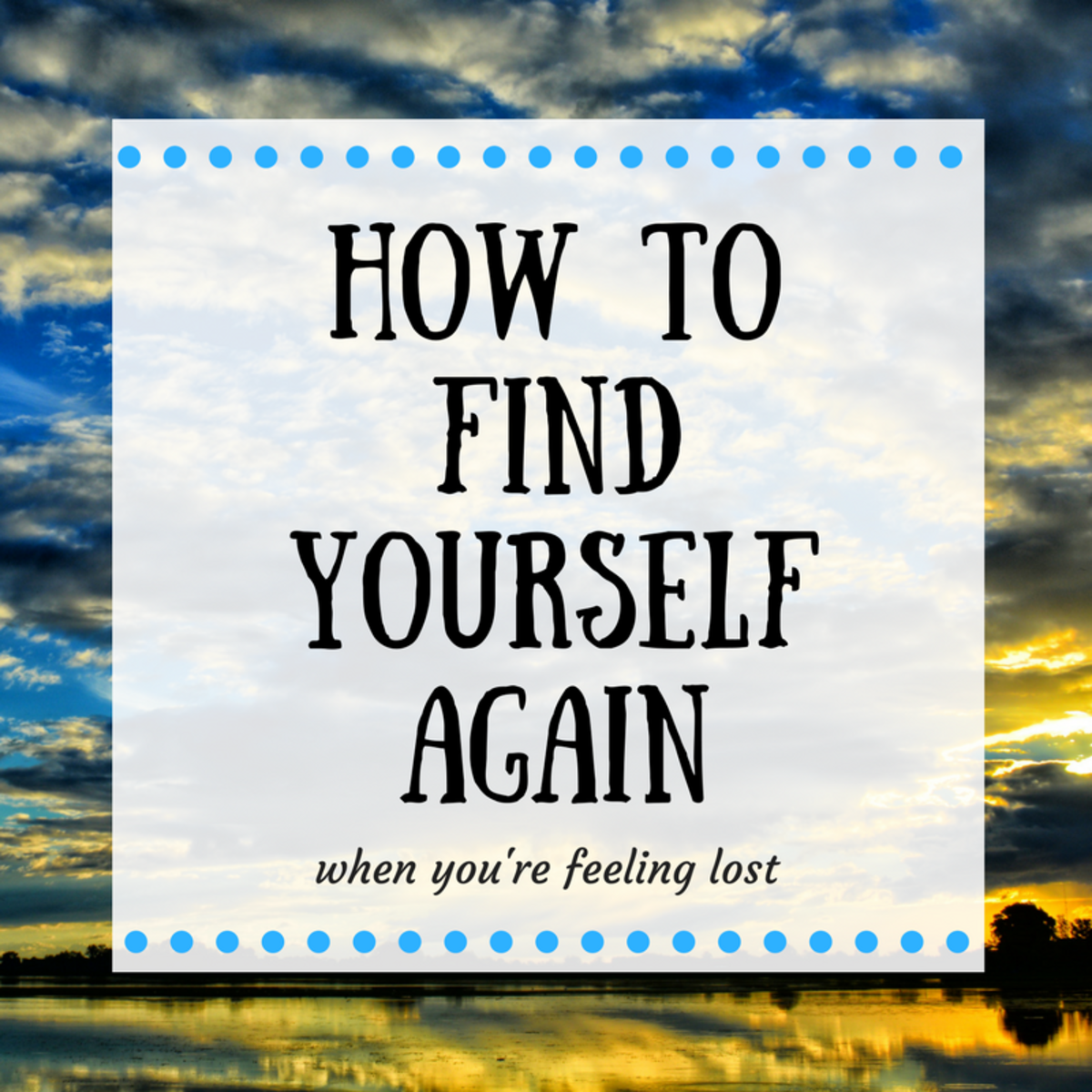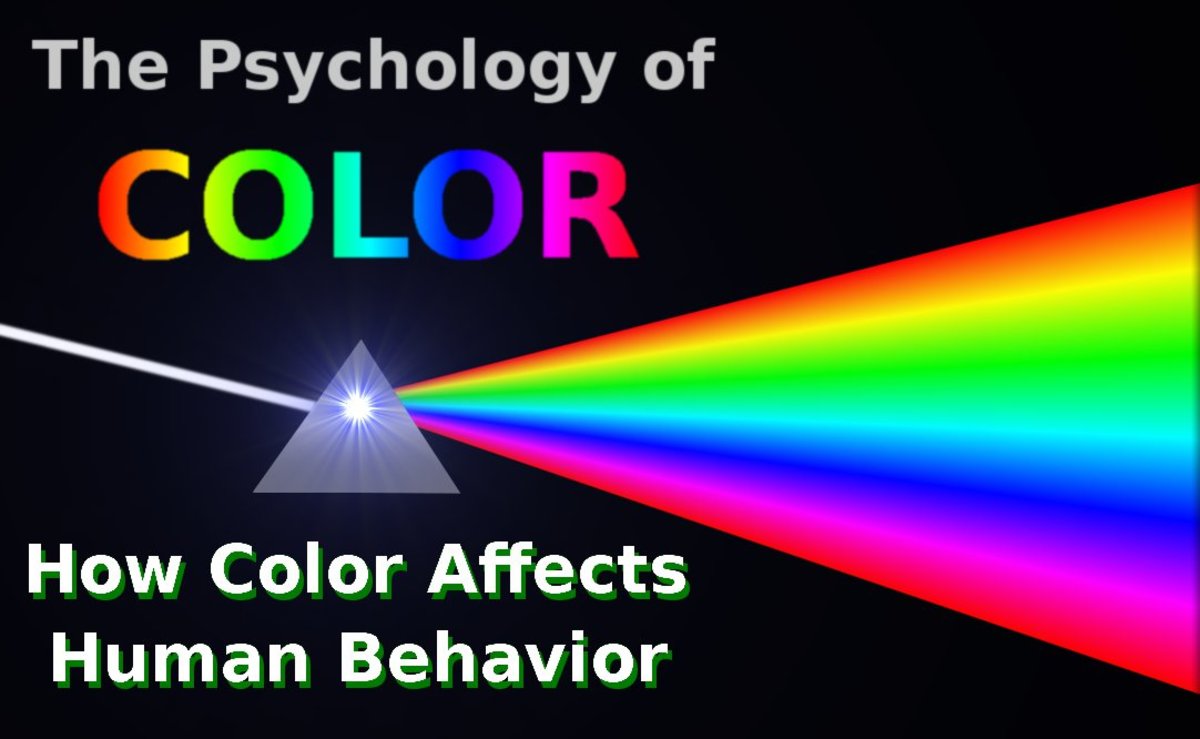Childhood Sadness and the Art of Forgiveness
We Can't Forgive Those Who Don't Want It
One dark early pre-dawn morning, I looked through my mind's eye back down a river bank of switched off lights where, one by one, they all came blinking back on again. Each light represented a serious transgression I'd forgiven of a family member, or tried to, having supposedly forgiven and moved on. But they came on again because current evidence was nagging me not to be so compliant, else I would be complicit in my own heartache.
In the end I realized I was deluding myself and I would never know how to be happy until I changed. It felt good to imagine being free of the burden of confusion, a conflict that kept asking: I've forgiven, so why haven't they changed?
Detaching felt, perhaps tragically, like relief. It certainly cured my insomnia, and stopped me worrying in the early hours. I'd spent my adult life deeply insecure, living in Memoryland and fearing the future.
There has not been once ounce of Western revenge in my thinking before or since I let go. I'm not one for focusing on tragedy anymore: It's a good thing I'm free to be happier, and if (genuinely) do people love me, they can only wish for that to happen. It's not an easy path for sure, but it is a valid one because it's my choice, and a better road because the other was a one-way system of predictable and never-ending sadness.
Blanket forgiveness is not realistic
The trouble I found was the multifarious nature of forgiveness. The idea, a central pillar of many religions, is that you forgive and love will follow. Some preach it – and some popular self-helpism will promote this too – for you yourself, because it makes you feel better.
It should have been simple, but for the negligent perpetrators of anguish to really receive it meant there had to be an admittance of wrongdoing. But not one hostility maker I tried to talk to would go into detail about the behaviours as a series of misdeeds: they only wanted to bundle it wholesale, so they didn't have to deal with how badly they'd misbehaved. Present day: and still their bad behaviour hadn't changed.
This was to assume forgiveness is a magic transformational process. In reality the situation was telling me forgiveness is impossible for people not ready for it or too stubborn to change, essentially holding on to an old argument they were 'right'. This lack of admittance on their part – even to admit they may have been wrong – was preventing me from fully healing and truly moving on. The proof was in their current behaviour, and especially in their view of me, which should have developed, but never did.
You have to claim yourself back, this is vital. People who get you wrong can't be allowed to have that story throughout your life because it's damaging. Especially as they take advantage of being in your heart. Blithely saying they've been forgiven therefore can't work full circle, and only suits their insecurity not to deal with their issues.
Stuck Worrying About the Past and Future?

Knowing the What is Enough
None of us want to repeat the mistakes of the past. But we're doomed to if we don't sort out heads out. Yet if we're committed not to repeat the mistakes of the past, why do we invert our best intentions and spin off the track into despair seeking out therapy, addiction or medication?
The mistake we make is trying to make sense of something we already understand.
We do this by digging deeper, we do this by not letting go or thinking that somehow traumas were our fault. We do this by pursuing the why instead of leaving it at the what. Trying to solve your parents or perpetrators of anguish only feeds the insecurity that you weren't loved or acknowledged enough in the first place.
Of course there is grief and hurt.
They 'did their best', they 'did what they could'.
They royally messed up.
We know what happened. You already know this, what are you doing?
Sidetracking to a cul-de-sac of therapy or medication may only delay healing self-revelations and often bring you down further. And It's perfectly natural to want to know the why. But it can't be your central goal.
Taking Yourself Out of the Equation

Traumas Aren't Happening Now
If we already know what happened, the important thing is it's not happening now. The past can't get you, not really, you're projecting by regurgitating it or seeking motives. You're graduating thinking into feeling and... you need to know that thoughts and feelings always pass.
It's your story, of this there is no doubt. But you can challenge the retelling of the story and it's stickiness to your current situation. You can also choose to be hateful and bitter, or you can forgive, both can be a job for life.
You see, unless it helps you work things out to relieve a pressure in your head and heart there's no point revisiting it or amplifying it. There's just so much of it, it's laughable and then you only... add to it.
You can wish it didn't happen, you can have the cry you're trying to stop because you think it will give you a nervous breakdown. You know what happened. Suffering is natural, but prolonging suffering is what we're looking to avoid. We can do this accepting the rational thinking that now is a new moment and that we are in charge of it.
The Past as a Recurring Bad Dream
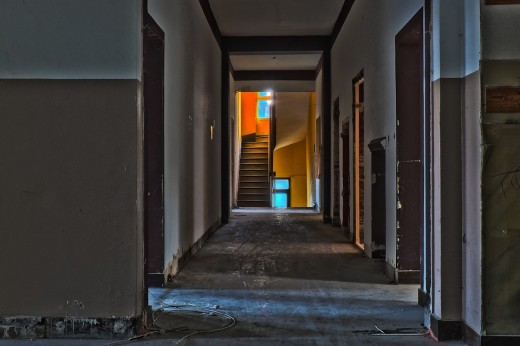
Now, About That Forgiveness
But what to do if forgiveness got you only so far?
You can forgive for yourself (for any complicity or for feeling it's your fault) even if the aggressor doesn't comprehend what you're forgiving. This is useful and a great thing to do, it does work. It helps you take back a certain amount of control. But you can't control others actions, inaction or the way they feel: and this will tell you that that the process of forgiveness is not full circle. You can't analyse their motives without consent or conversation. You wouldn't really want to, ultimately. So are we all bound to wait for a deathbed confession?
I didn't wait. Life's too short and I wasn't happy.
There's a temptation with forgiveness that we have to have it or else, or that it has to happen. It may take years or never happen, and that's a reality you have to let be. Accepting this actually takes heart and seeing the big picture for yourself whichever path you take.
You have to consider that forgiveness for those that have aggrieved you takes many different pathways, not least of all through the illusion of time, which is really how long it takes to process. You have to appreciate and respect yourself and them in understanding that a full healing process has to take place. Here are five perspectives you might need to factor into your thinking before you feel too demanding or need space:
- There's forgiveness for yourself as the child (this is if you're taking some false blame for something you didn't do, and it's a forgiveness which just makes you feel better)
- There's forgiveness for them to help you move on (which they may not know about)
These first two you can do now or in a healing ceremony. But then there's the trickier add-ons of forgivenes: - There's forgiveness they've received and yet to process (which they may not or never understand)
- There's forgiveness they've processed to which they may feel emotionally unable to respond
- And forgiveness they've processed and acknowledged by asking you to accept their apologies
Then you've got to process that for it to come full circle and truly move on! Whooh.
However, such is the broadness of human mind and immense faculty for feeling, this process could happen in a single conversation or take several years, or not.
The point is to remain free of trying to control toxic thought-feelings when they arise otherwise you will risk repeating the cycle of bad behaviour. You already know that road and how it turns out. So encourage, embrace, but never force, because you already know about mental anguish, you don't want more of that dull, time-wasting malarkey.
Full Healing Comes with Full Forgiveness

The Unreality of Yesterday and Tomorrow
Parents or guardians cannot be blamed for being the way they were. Some can't help having made the past more about pain than care. But they are responsible and while alive they still have the mandate for their own actions.
Meanwhile you've decided to deal with your past by reading this, and I'm sure you'll keep searching. None of this is straightforward and forgiveness will help once your instincts know everyone is on the same page. This may include you adjusting with small compromises and practicing the love you learn on the so-called 'higher road'.
The Dalai Lama has a great saying:
“There are only two days in the year that nothing can be done. One is called yesterday and the other is called tomorrow."
If we know dwelling on the past can lead to depression and feeling insecure and worrying about the future begets anxiety, then all we need to know is to encourage our minds to stay on the matters of today. And that's how we deal with sadness, by knowing what happened, by letting the process of forgiveness take it's course of process, and by acknowledging we don't need to live in the unreality of yesterday and tomorrow.
Yesterday and Tomorrow are Not Here
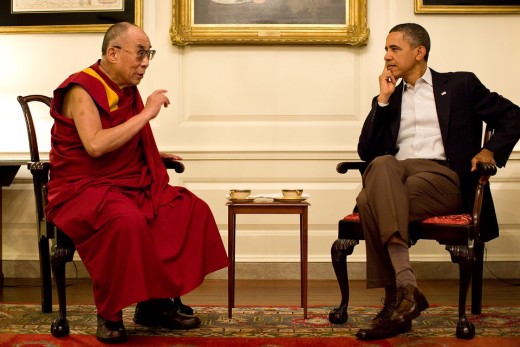
© 2018 Jonny Wills

